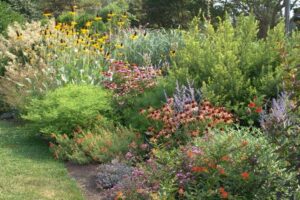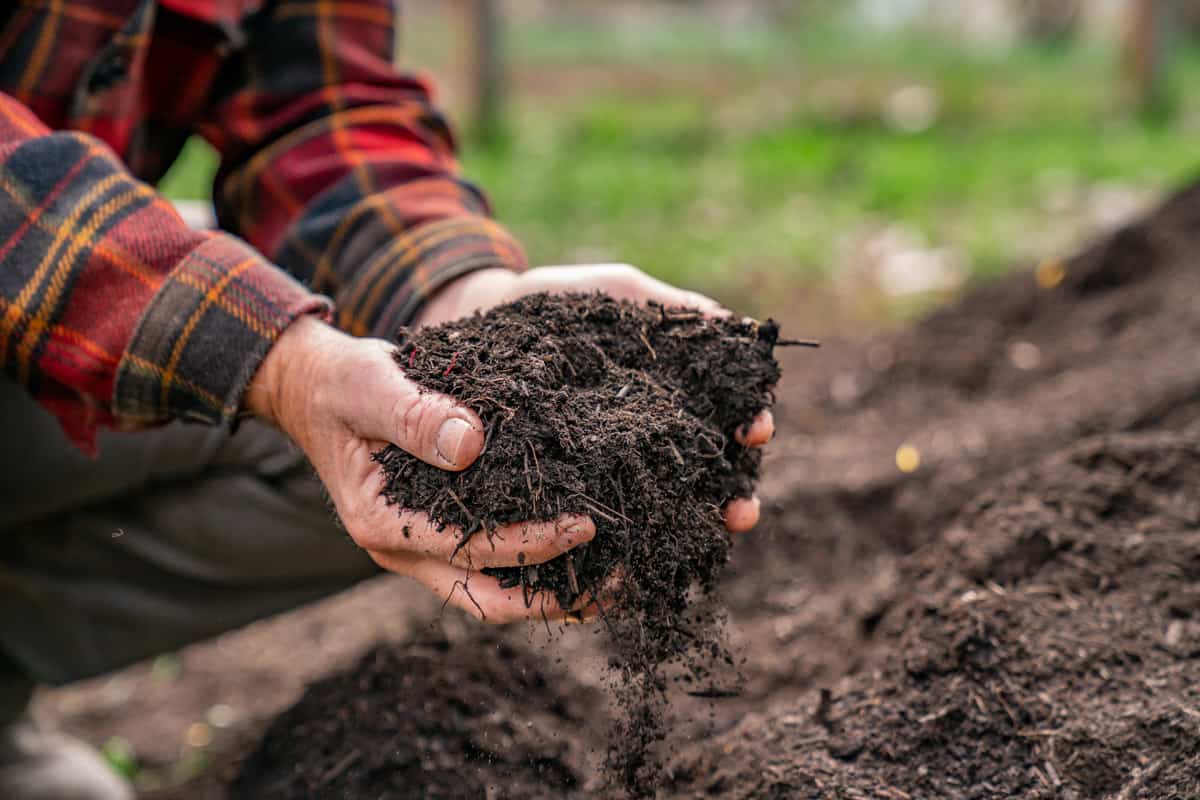As environmental consciousness grows, so does the desire to create sustainable and eco-friendly landscapes. Sustainable landscaping not only benefits the environment but also promotes healthier soil, conserves water, and reduces maintenance costs. In this article, we’ll explore six sustainable landscaping practices that you can implement to enhance the beauty and functionality of your outdoor space while minimizing your ecological footprint.
- Xeriscaping: Xeriscaping is a water-efficient landscaping approach that emphasizes the use of drought-tolerant plants, mulch, and efficient irrigation techniques. By selecting native plants that are adapted to your region’s climate and soil conditions, you can create a low-maintenance landscape that requires minimal watering once established. Incorporate water-saving features such as rain gardens, permeable paving, and drip irrigation to further reduce water usage and runoff.
- Composting: Composting is a natural way to recycle organic waste and enrich your soil with valuable nutrients. Start a compost bin or pile in your backyard and add kitchen scraps, yard waste, and other organic materials such as grass clippings and leaves. Over time, the organic matter will break down into nutrient-rich compost that can be used to improve soil fertility, retain moisture, and suppress weeds in your garden beds and landscaping.

- Native Plant Gardening: Native plants are well-suited to the local climate and soil conditions, making them an ideal choice for sustainable landscaping. By incorporating native trees, shrubs, flowers, and grasses into your landscape design, you can create habitat for local wildlife, conserve water, and reduce the need for fertilizers and pesticides. Native plants also require less maintenance than non-native species, as they are adapted to thrive in their natural environment.

- Rainwater Harvesting: Harvesting rainwater is an effective way to capture and store rainfall for use in your landscape irrigation system. Install rain barrels or cisterns to collect water from your roof, gutters, and downspouts, and use it to water your plants, trees, and garden beds during dry periods. Rainwater harvesting not only reduces your reliance on municipal water supplies but also helps to mitigate stormwater runoff and erosion in your yard.
- Permeable Paving: Traditional hardscape surfaces such as concrete and asphalt contribute to stormwater runoff and heat island effects in urban areas. Permeable paving materials, such as porous concrete, gravel, and permeable pavers, allow rainwater to infiltrate the soil instead of running off into storm drains. Consider using permeable paving for driveways, walkways, and patios to reduce runoff, recharge groundwater, and minimize flooding during heavy rain events.
- Integrated Pest Management (IPM): Integrated Pest Management is an environmentally sensitive approach to pest control that emphasizes prevention, monitoring, and least-toxic control methods. Instead of relying solely on chemical pesticides, implement IPM strategies such as planting pest-resistant varieties, encouraging natural predators, and practicing good cultural practices like proper watering and mulching. By minimizing pesticide use and targeting specific pests only when necessary, you can protect beneficial insects, pollinators, and the overall health of your landscape.
Conclusion:
By incorporating these six sustainable landscaping practices into your outdoor space, you can create a beautiful and environmentally friendly landscape that enhances biodiversity, conserves resources, and promotes long-term sustainability. Whether you’re conserving water with xeriscaping, enriching your soil with compost, or attracting native wildlife with native plants, every small step towards sustainability makes a positive impact on the planet.
Contact us today for a free estimate at
(857) 504-5117 or email us at
contact@greenpulselandscaping.com to schedule a consultation and learn how we can help you achieve a lush, green lawn.
Click to Call Us!



